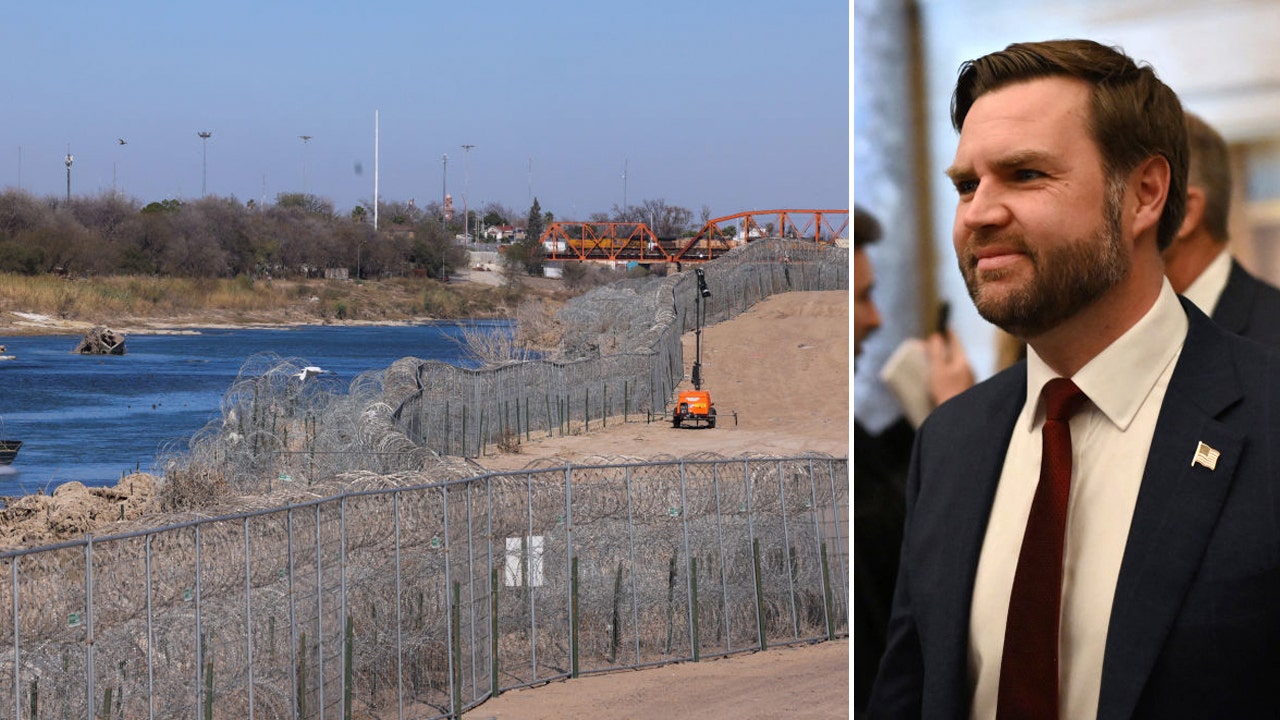The government of the southern African nation of Zimbabwe detained, interrogated and deported officials and contractors working for the United States government last month, and this week accused them publicly of promoting “regime change” in their country.
The incident is the latest in the Zimbabwean government’s aggressive efforts to thwart both domestic and international challenges to its authority. The incumbent government claimed victory in a chaotic election last year that several independent observer missions said lacked fairness and credibility.
But it also points to a deeper tension over the United States’ proclaimed efforts to promote democracy around the globe. Some nations, including Zimbabwe, have accused America of meddling in their affairs and attempting to impose its values — as well as of hypocrisy, given the threats at home to its own democracy.
Leaders in Zimbabwe have grown closer in recent years to both China and to Russia, and have supported Russia’s invasion of Ukraine.
Zimbabwe sits on a wealth of lithium, a critical component in electric vehicles. But most Zimbabweans struggle to get by, coping with triple-digit inflation that has made their currency practically worthless. Many workers — both laborers and educated professionals — have left the country.
In a stern statement issued on Friday, Samantha Power, the administrator of the United States Agency for International Development, said that last month, the Zimbabwean authorities verbally and physically intimidated U.S. government officials and contractors. They were detained overnight, interrogated at length and transported in unsafe conditions, Ms. Power said.
The U.S. officials had been assessing concerns about democracy, human rights and governance as part of a regular evaluation of the aid programs it supports in the country, a spokeswoman for the agency said in an email. They had arrived in the country in early February and had been working for 10 days before the Zimbabwean authorities confronted them, the spokeswoman said.
Zimbabwe’s treatment of the officials was a betrayal of the country’s stated commitment to build a stronger democracy and re-engage with the West, Ms. Power said.
“The people of Zimbabwe deserve better,” she said.
But the Zimbabwean government fired back. George Charamba, a spokesman for President Emmerson Mnangagwa, said in an interview with the state-owned media outlet Sunday Mail that the U.S. contractors had entered the country without receiving the proper clearance. He accused them of holding clandestine meetings with opposition politicians, nonprofit organizations and diplomats from other foreign nations.
“If America thinks it has a holy mission to refashion the politics of this country after its own image of democracy, they are out for a very rude awakening,” Mr. Charamba told the Sunday Mail.
U.S. officials say that the government team had the appropriate clearance to be in the country and that the Zimbabwean authorities had been properly notified about the mission.
The ZANU-PF party has governed Zimbabwe since independence in 1980. Its leaders, first under the nearly four-decade-long rule of Robert Mugabe, have long been accused of retaining power through oppression.
Over that time, Zimbabwe has regularly clashed with the United States, which has leveled sanctions against high-level government officials, including Mr. Mnangagwa.
Since claiming victory in last year’s election, the government has been accused of ousting several opposition members from Parliament, tightening its grip on power.
Just days before U.S. officials released a statement about the harassment of their workers, they announced a change in the sanctions program against Zimbabwean officials and entities. Although the change essentially kept in place the same restrictions on some sanctioned individuals that had been around for about two decades, the announcement set off a wave of protest from Zimbabweans concerned that Washington was crippling its economy.
A spokesman for the U.S. State Department said the sanctions were unrelated to the treatment of the government officials last month.
This was not the first time that U.S. officials or American citizens doing democracy work in Zimbabwe have had run-ins with the authorities there.
Two years ago, Larry Garber was dispatched to Zimbabwe for the Carter Center, based in Atlanta, to set up an election observation mission. About two weeks into his trip, he said, the Zimbabwean authorities deported him, saying that he did not have the proper visa. He was not allowed back into the country a year later for the elections.
A few months after Mr. Garber was deported, staff members with the U.S. Congress who were visiting Zimbabwe to meet with human rights activists and civil society organizations had their car surrounded and were chased by people they believed were security officials. They escaped and left the country safely.
The government did not respond to requests for comment.
Gibson Nyikadzino, a columnist who writes about politics and international relations for the Zimbabwe government-owned Herald newspaper, said he believed that Zimbabwe and the United States could get past their latest dispute.
Given the global competition for Zimbabwe’s attention and its natural resources, Mr. Nyikadzino said, the United States does not want to alienate it. And Zimbabwe, facing severe economic challenges, is still keen to re-engage with economically powerful Western countries, he said.
“If the U.S.A. can negotiate with China and other countries where they have different political views, it is also possible for Zimbabwe and the United States to negotiate through that,” he said.





